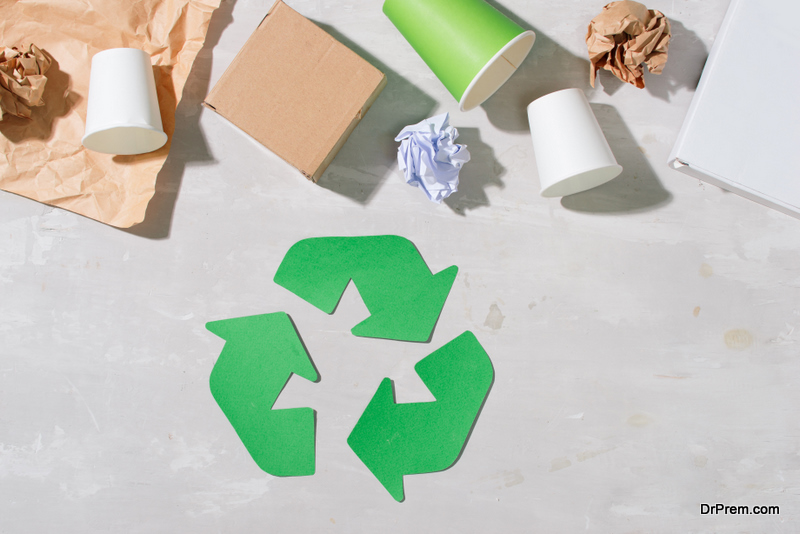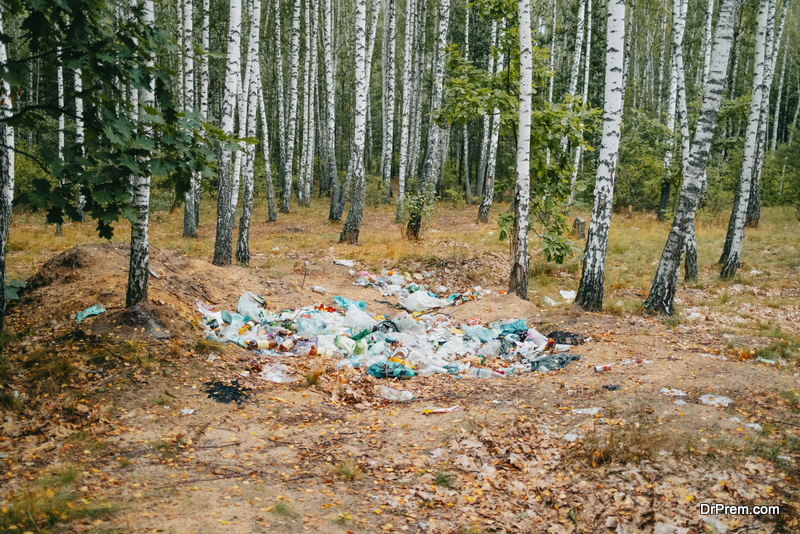Many everyday items are made of materials that take weeks, years, decades or centuries to decompose. Dumpsters and waste disposal facilities offer opportunities for recycling and waste breakdown. However, educating ourselves and future generations on waste reduction and sustainability can help fight pollution and climate change.
Here, you’ll learn more about trash decomposition and the roles dumpsters, recycling and waste disposal facilities play in the process. We also offer several practical steps you can take to keep waste out of landfills.
What Is Trash Decomposition?
Trash decomposition is when waste breaks into smaller, simpler compounds. Most nonliving items eventually decompose due to time, elements and microorganisms, but some things take longer than others.
Numerous factors affect decomposition, such as sunlight exposure, moisture, microorganisms, temperature and where the item is located (exposed or buried). Similar items may be made from varying materials thathave different decomposition rates. For example, a plastic grocery bag takes 10 to 20 years to decompose, while a zip-top sandwich bag may take 300 years.
How Long Does Trash Take to Decompose?
Some items take days to decompose, and others need up to 1,000 years to fully break down. Many daily-use items never decompose. Understanding the varying timelines for decomposition helps explain why recycling and proper trash disposal methods are so essential.
Here are the decomposition times for 10 commonly used items:
- Paper towel: two to four weeks
- Cotton Shirt: three to six months
- Cardboard (unwaxed): three months
- Milk carton (waxed): five years
- Diaper: 10 to 20 years
- Aluminum can (soda): 200 to 400 years
- Traditional plastic bottle: 450 years
- Glass bottle: thousands or millions of years
- Tinfoil: does not decompose
- Styrofoam: does not decompose
The Different Roles in Waste Recycling and Disposal Facilities

Dumpsters, recycling facilities and landfills all play significant roles in the process of combatting pollution and climate change. When you rent a garbage dumpster for your home, business or one-time project, you’re doing your part to ensure waste materials are separated properly.
Dumpsters allow you to segregate and sort various waste materials, diverting recyclable materials from landfills. Some items are unfortunately not recyclable, but having a dumpster on-site ensures these items end up at a disposal facility and not on the ground as pollution.
Practical Ways to Reduce Waste at Home
The best way to reduce the amount of trash entering disposal facilities is to reduce how much waste you produce. Luckily, many of the most significant ways to reduce waste involve simple lifestyle changes on your part.
1. Use a Reusable Bottle
Many people choose single-use products instead of reusable containers because they’re so readily available. However, you keep a bottle out of a recycling facility or landfill every time you use your reusable bottle instead of a single-use one. Single-use plastic bottles require energy to produce, ship and store, meaning a small lifestyle change can have a significant impact.
2. Start a Compost Pile
Up to 25% of the items you throw in the trash can be composted in your yard instead.Eggshells, grass clippings, coffee grounds and leaves are common items that can enter the compost pile and, in a matter of months, feed the soil in your garden.
3. Buy Used and Donate
Buying used products means you prevent them from entering waste disposal facilities. You also help save the energy required to make an entirely new item. Many secondhand clothing and home goods stores support local charities, meaning your purchases benefit the environment and your community. Remember, you can donate your unwanted items to these charities instead of tossing them into landfills too.
4. Go Digital
Bills, coupons and receipts often head straight from your mailbox or pocket to the trash. Choose e-receipts and online billing options to reduce the amount of paper that enters waste disposal facilities.
Educating ourselves and younger generations on the importance of sustainability will lead to a brighter future for everyone. Remember that some items take thousands of years to decompose, but with a few simple actions, you can prevent them from reaching disposal facilities in the first place. The steps you take to reduce waste play a significant role in reducing pollution and combatting climate change.
To know more about Trash Decomposition, check out Sourgum
Article Submitted By Community Writer




